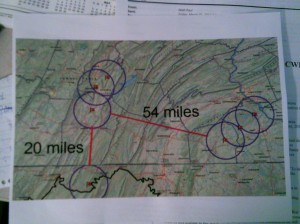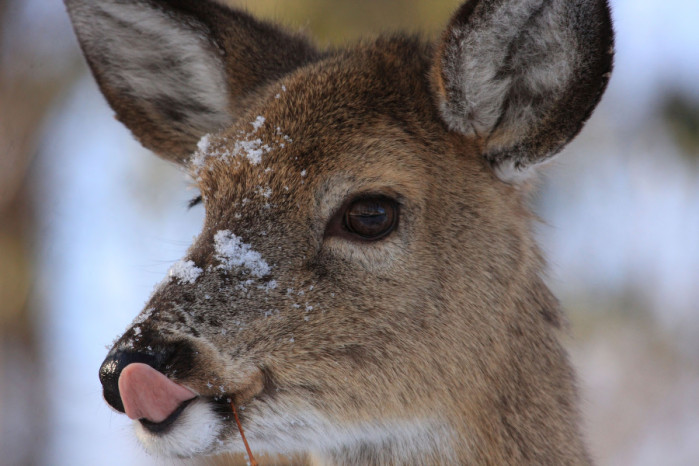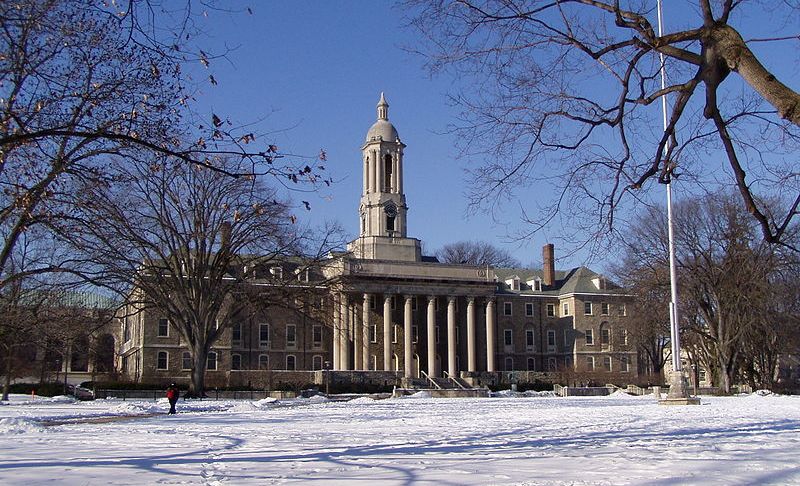Pennsylvania is going to do something this spring it has not done since 2009: spray for gypsy moths. The pests have stripped trees in at least 8 counties.
Gypsy moth numbers are high enough in parts of Cameron, Clarion, Forest, Jefferson, Lycoming, Potter, Tioga and Venango Counties to warrant the spraying of more than 43 thousand acres of state forest, park and game lands, along with some private property.
Terry Brady, a spokesman for the Department of Conservation and Natural Resources, says a fungus had been helping to control the destructive caterpillars, but it has fallen out of balance as the population of the moths went down a few years ago.
Spraying will begin in mid-April and end by June. Helicopters will treat the designated areas with a biological insecticide known as Bt. No chemical insecticides will be used.
DCNR will hold a public meeting on Monday, March 11th between 10:00 am and noon at the Rachel Carson State Office Building in Harrisburg to discuss the resumption of gypsy moth suppression. Written comments will be accepted at the Bureau of Forestry’s Division of Pest Management. They may be emailed to Kevin Carlin at kcarlin@pa.gov. You can get more information on Gypsy moths at DCNR’s website.
Brady says it’s important for people to watch for signs of gypsy moth caterpillar and report infestations. He says the destructive caterpillars strip the leaves from trees, weakening them and leaving the trees susceptible to disease, drought and attack by other pests.
The eggs masses are often eye level in trees. Brady says it’s about half the size of an egg and looks like a moleskin on your tree. He says don’t mistake them for the tent caterpillar.














